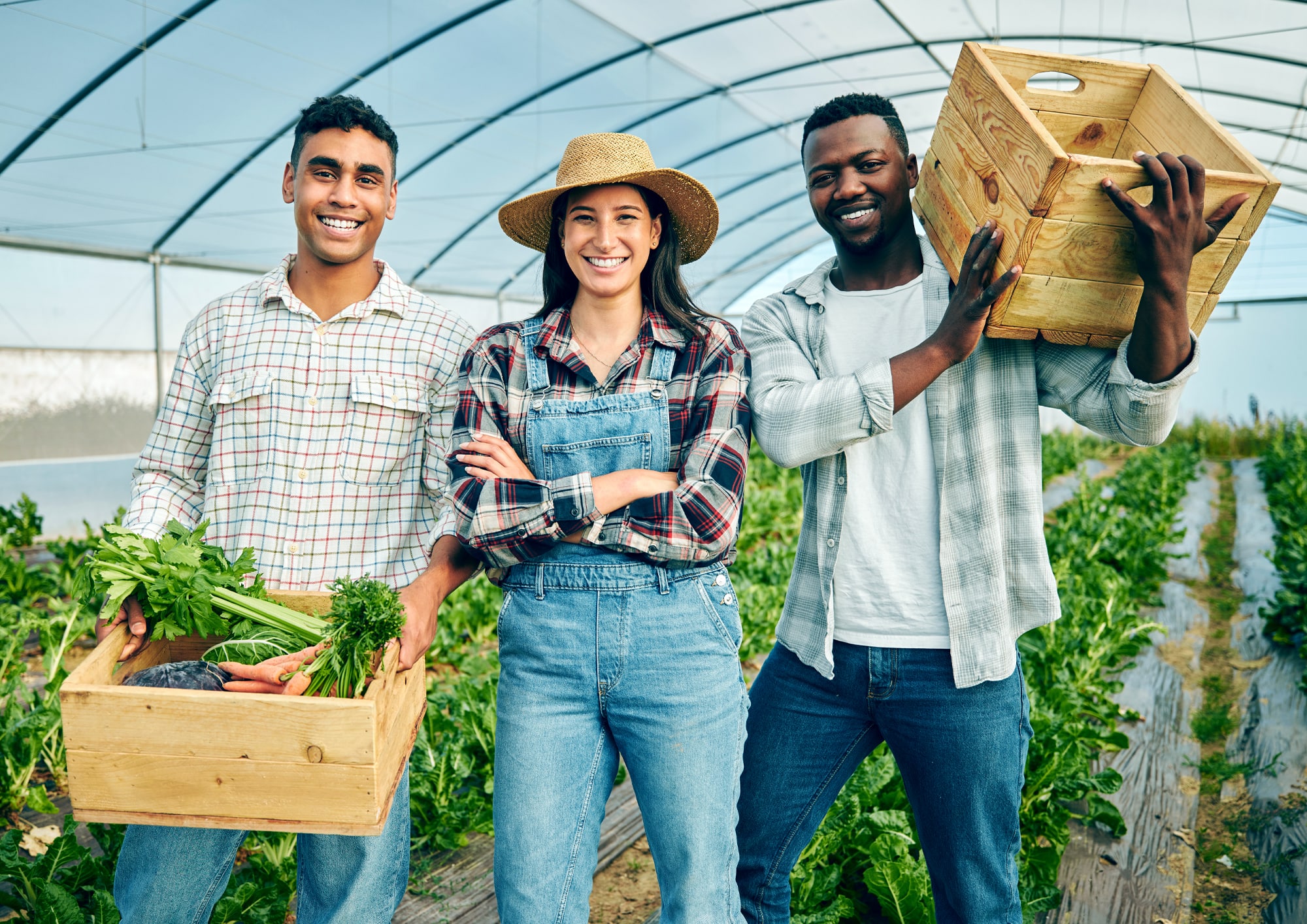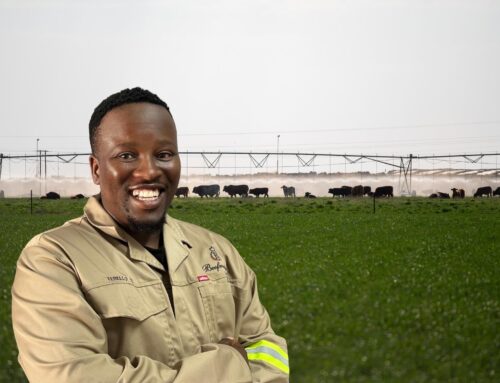As South Africa marks Youth Month, one issue stands out: youth unemployment. According to Statistics South Africa, 46.1% of young people aged 15 to 36 are unemployed – up from 36.9% just a decade ago. While job creation remains a national priority, one sector stands out for its untapped potential: agriculture.
Despite being a cornerstone of the economy, agriculture employs only 5% of the formal workforce. Encouragingly, jobs in primary agriculture rose by 6% from 2023 to 2024, reaching around 941,000 jobs. However, many young people still overlook agriculture as a career path, largely due to barriers such as:
- Limited access to land
- Lack of funding and capital
- Inadequate infrastructure
- Insufficient training and mentorship
Creating Pathways for the Next Generation of Farmers
To address these challenges, initiatives like the Beefmaster Group’s agriculture bursary programme are actively building a pipeline of skilled, passionate young professionals in the sector.
Since 2023, the Beefmaster Group, a leading supplier of world-class beef products, has awarded fully funded agricultural bursaries to six promising students – three men and three women aged 21 to 23. These bursaries support students pursuing degrees in Animal Science, Agricultural Economics, Zoology, and Biochemistry.
“We aim to reduce the financial burden on students who show real potential but lack resources,” says Cindy Nkgoeng, HR Manager at Beefmaster Group.
Student Voices: Passion, Purpose, and Possibility in Agriculture
Henno van Rensburg, 22 – University of Pretoria
Henno is studying Agricultural Sciences and dreams of becoming an animal husbandry specialist.
“I grew up on a farm and have always loved working outdoors,” he says. “I’m passionate about raising animals. Agriculture excites me because no two days are the same.”
Henno sees a future where South African agriculture thrives, driven by innovation and youthful energy.
Mariné Holtzhausen, 22 – North-West University
Mariné is pursuing a unique degree in Zoology and Biochemistry to help improve animal health and food security.
“I want to work in animal health or environmental consulting. Sustainable farming and disease management are key to building better food systems in South Africa,” she explains.
In five to ten years, she envisions herself contributing to agricultural sustainability and climate resilience.
Why the Youth Matter in South African Agriculture
With 40% of South African farmers aged between 55 and 65, the country urgently needs a younger generation to step in and ensure continuity in food production and rural development.
“Young people bring fresh ideas, energy, and adaptability,” says Henno. “With mentorship, we can help modernise farming methods and create long-term sustainability.”
Mariné agrees: “It’s our responsibility to build on what previous generations started and solve the challenges of our time – like climate change and food insecurity.”
Investing in Agricultural Skills for a Sustainable Future
Beefmaster Group’s bursary programme reflects a broader commitment to agricultural development, food security, and youth empowerment in South Africa.
“By investing in deserving students, we are investing in the future of farming and food production in the country,” says Nkgoeng.
Youth unemployment in South Africa remains one of the most pressing socio-economic challenges. While agriculture offers strong potential to drive job creation, young people continue to face significant barriers to entering the sector.
Initiatives like the Beefmaster Group’s bursary programme are vital in bridging this gap by equipping aspiring agricultural professionals with the education and support they need.
As students like Henno and Mariné show, with the right opportunities, young South Africans can help transform the future of farming – bringing fresh energy, innovation and resilience to one of the country’s most important industries.






